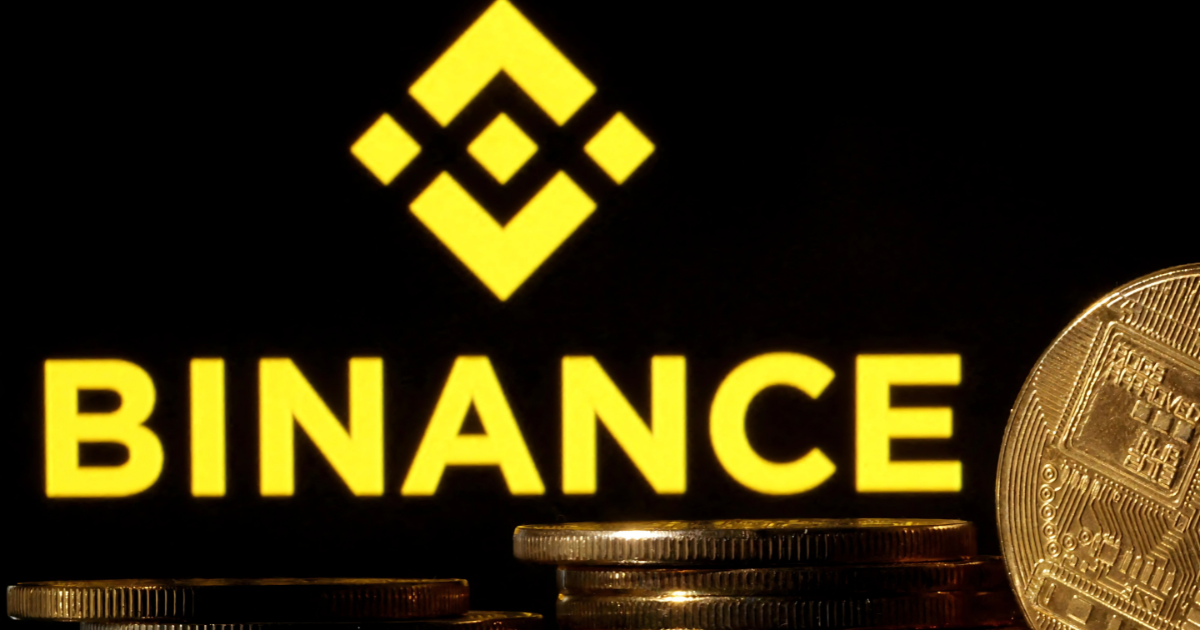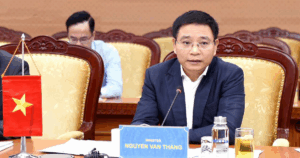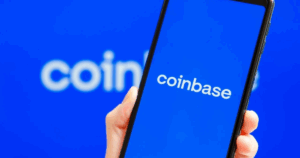Government crypto reserves are fast emerging as a key fund of finance planning. Now, multiple countries are looking for how to set up strategic Bitcoin holdings.
The fact that it is becoming such an interest shows a fundamental change in how nations look at digital assets. Binance is one notable major exchange making it known that it’s offering them advice on how to approach sovereign cryptocurrency strategy.
Key-Takeaways:
- More and more countries are shifting digital assets away from speculative risks to strategic reserves, Bitcoin holdings as part of their financial strategies. Governments are seeking Binance’s help on choosing a sovereign crypto strategy.
- Using its expertise in market dynamics, security, and compliance, Binance also helps such countries as Pakistan and Kyrgyzstan to tokenize their digital assets into these financial systems.
The Rise of Government Crypto Reserves Following the US Leadership
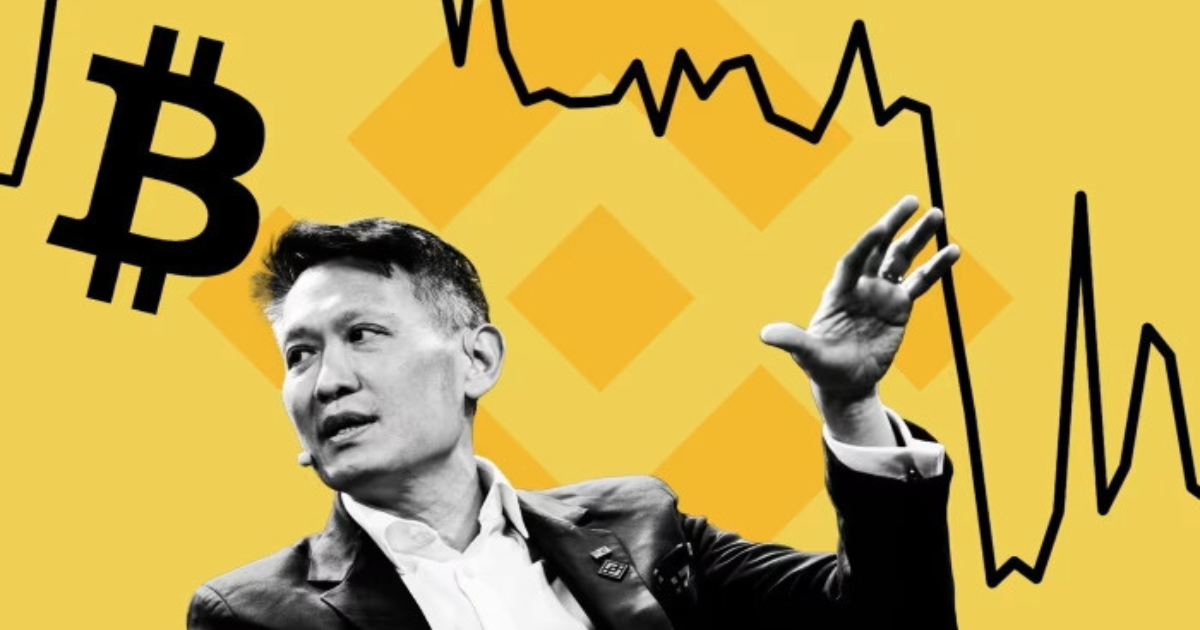 The idea of crypto reserves in government has become a hot topic. It comes after the United States made key policies.
The idea of crypto reserves in government has become a hot topic. It comes after the United States made key policies.
‘Beyond just other jurisdictions, the U.S. is a lot further ahead,’ Binance CEO Richard Teng said. Many other countries are eager to follow its precedent.
New insights were shared in an interview that Teng gave to Financial Times recently. According to him, Binance has received ‘quite a number of approaches by a few governments and sovereign wealth funds’ about their own crypto reserves.
But President Trump’s executive order is what was the main catalyst for the surge of interest in government crypto reserves. It created the Strategic Bitcoin Reserve in the United States.
This effort will help seed the national reserve by inserting Bitcoin seized in federal criminal and civil forfeitures. Other countries are now rethinking the position they have taken on digital assets.
American example of using government crypto reserves within the existing financial system. At the same time, it identifies areas where new strategic advantages are possible.
It’s a huge change in attitude on the part of nations towards cryptocurrency, and it’s a shift towards government crypto reserves. It’s moving from being a threat or speculative asset to being an asset of strategic reserve.
With more countries exploring this opportunity, the idea may be in line to become a default part of national financial policy through crypto reserves. They may soon become a place in contrast to gold reserves and foreign currency holdings.
Binance’s Advisory Role to Help Expand Crypto Reserves at Government Level
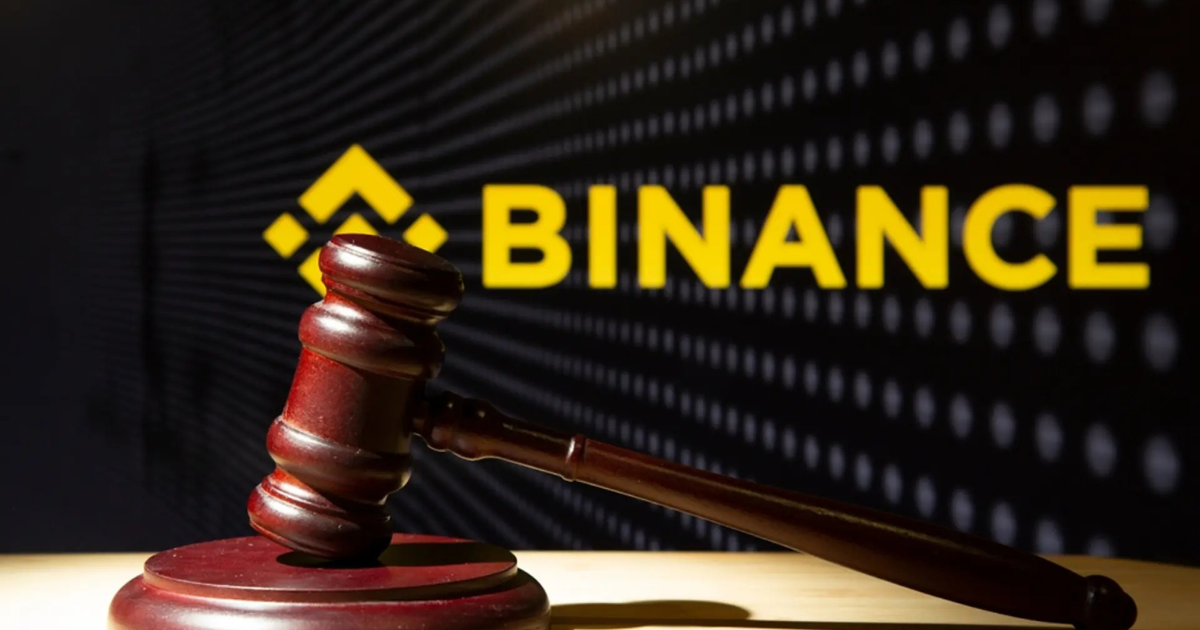 Binance has emerged as a key advisor to governments in the process of developing digital asset reserves. This emerging space has a central role for the exchange. It has not said which countries are asking for its help. But crypto reserve interest is on the rise.
Binance has emerged as a key advisor to governments in the process of developing digital asset reserves. This emerging space has a central role for the exchange. It has not said which countries are asking for its help. But crypto reserve interest is on the rise.
Recent collaborations offer some clues. A deepening relationship with sovereigns entailed working with nations such as Pakistan and Kyrgyzstan with regard to crypto regulations.
The involvement of the exchange in government crypto reserves is much more than a matter of advising the government. Binance is helping to develop full frameworks for reserve management and regulation, something Teng has indicated, according to the man himself.
Binance made the right step forward by taking the role of an advisory body. This reflects the role it is playing in shaping national digital asset policy.
Binance is also in the process of altering its own identity at the same time. To go corporate, it is moving things away from a decentralized structure—which essentially means decentralizing the company—to a more traditional corporate model, including a global headquarters in place.
In fact, according to Teng, we have actually received quite a number of approaches by a few governments, and sovereign wealth funds, who are interested in establishing their own crypto reserves. This statement accentuates the strong institutional attention in digital assets.
Then this proves that the highest financial planning within government has taken consideration of government crypto reserves. Traditional conservative sovereign wealth funds are even now exploring how to allocate cryptocurrency strategies.
Binance’s market dynamics, security protocols and custody solutions are experienced and the government can leverage this experience when exploring crypto reserves. And its technical knowledge is critical support towards national efforts.
The other key asset for the exchange is its experience with regulatory challenges in different jurisdictions. In offering useful insights to countries in their own framework and reserve strategies creation, it is useful too.
Challenges of Implementation for Government Crypto Reserves
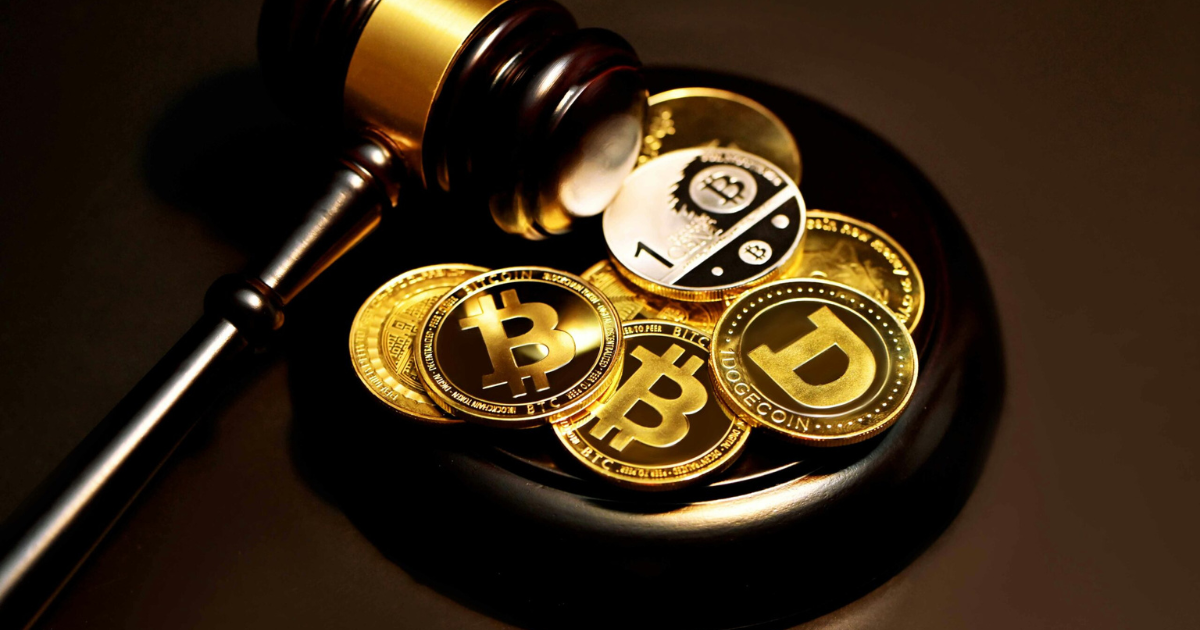 Nevertheless, the prospect of government crypto reserves has gained much interest. Such issues must be tackled by countries with care if they are to succeed.
Nevertheless, the prospect of government crypto reserves has gained much interest. Such issues must be tackled by countries with care if they are to succeed.
The concerns remain on security. If this became the national currency, its holding would simply become a high-value target for cybercriminals.
However, the custody solutions for these assets need to be sophisticated. For this, it could include multi-signature wallets, cold storage system, robust governance protocols to prevent any unintended access or manipulation.
The regulators have to find their way around to these new assets pumped into government crypto reserves. Reserves must be classified, controlled, audited, and reported in consistent financial systems of countries.
Then there are the add-ons of cryptocurrency markets being immensely volatile. Depending upon the risks, governments need to devise strategies that minimize them but, at the same time, also reflect potential price appreciation.
The planning and coordination needed here is carefully evolving. Holding digital assets is an opportunity that countries have to balance out with the risks.
The other challenge posited towards government crypto reserves is public perception. They may wonder why the national resources are allocated to assets that still appear to many to be speculative.
Governments that desire crypto reserves must clearly state why they wish to get so. It could be to justify the move with technological innovation, economic diversification, or geopolitical considerations.
Through these challenges, however, the benefits of governments owning crypto reserves seem to be upweighting the interest from nations across the globe so that they can capitalize on portfolio diversification, technological leadership, and acting ahead of an increasingly digital financial landscape.
The rise of government crypto reserves indicates a possible shift in the order of the world economy. This all could mean severe changes to finance and monetary systems for countries.
If more nations create important Bitcoin ownership, it can truly alter the rules of international finance. That would also affect how the world is placed on the monetary policy pathway.
Eventually, the government’s crypto reserves could come close to threatening the supremacy of traditional reserve currencies. It may result in a change in the power dynamic in the global economic system.
If crypto adoption continues throughout the world, countries lying down early positions in government crypto reserves may actually garner such strategic advantages. Additionally, any appreciation in their digital assets would also free the way for these nations to enjoy influence in shaping international standards and regulations for the crypto ecosystem.
Growth legitimacy for cryptocurrencies also implies that the trend toward government crypto reserves is on the rise. It shows this increased acceptance of digital assets into regular finance investment systems.
Signifying the power of it, when sovereign nations determine to keep Bitcoin alongside gold and foreign currencies, it’s a strong signal. The piece also showcases its claim on the perceived value and staying power of the asset in the global economy.
It could speed up the institutional adoption of this legitimization. It also serves as a basis for further integration of the digital assets into the general financial system.
Conclusion
Government crypto reserves represent a turn in the direction taken by governments in their response towards financial sovereignty. If more countries adopt this option with the aid of leaders like Binance, it’s possible the concept may become conventional international finance.





